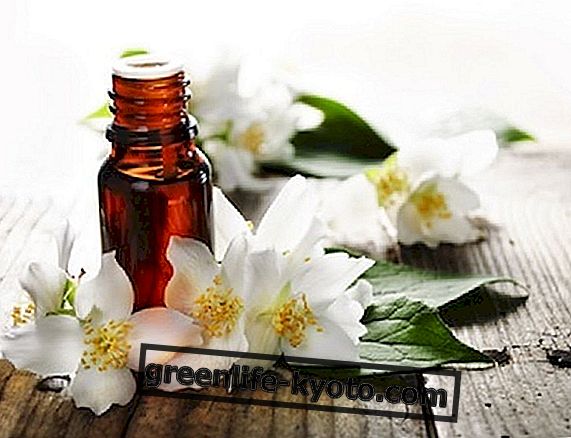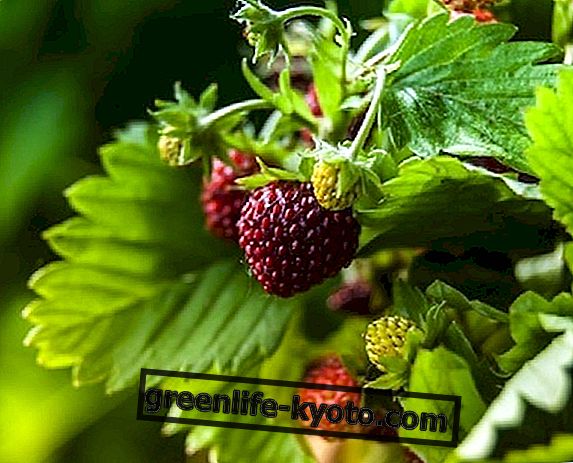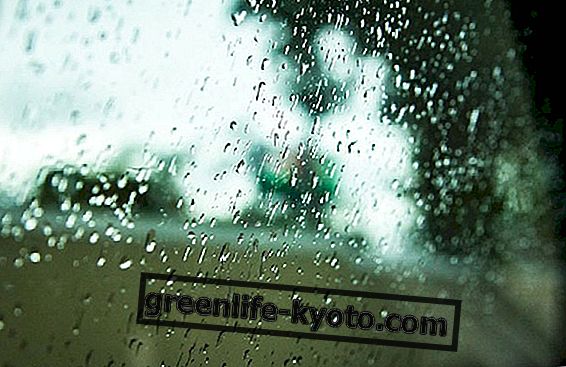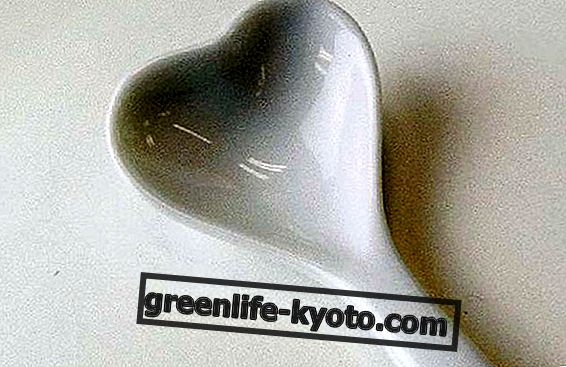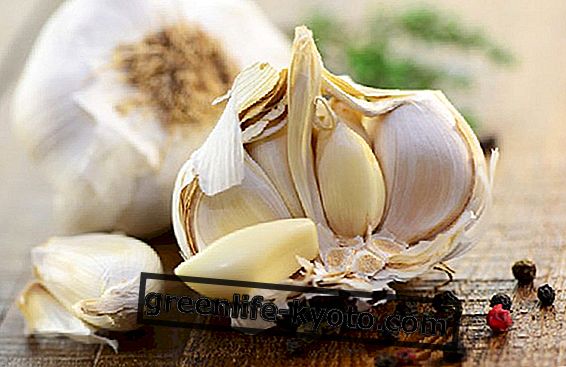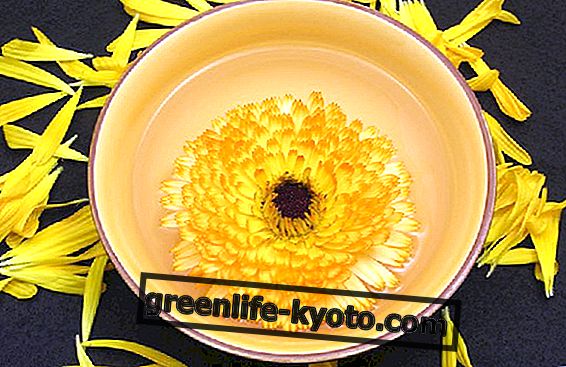
How does the phytotherapist work? Who can sell phytomedicines? How does the Legislator stand in Italy? What are the developments for those who work with phytotherapy? Let's find out more about who can treat with plants and how.
Hippocrates, the father of Western medicine, cited the natural and phytotherapeutic remedy as the third instrument of the doctor, after the touch and the word.
Who can define a phytotherapist?
Phytotherapist or phytotherapist in Italy is the one who boasts excellent skills in the field of biology, chemistry, medicine and pharmacology. His knowledge of medicinal plants, plant drugs and the pharmacologically active principles present in them is in-depth. Can explain the counter products, beehive products, the history of medicinal plants. Many disorders with herbal medicine find a solution in the short, medium and long term.
To become a phytotherapist in Italy it is necessary to have obtained a specialized degree in Pharmacy or Chemistry and pharmaceutical technology or in Biological Sciences, to professionalize, do either a II level master or a specialization course. Exploring the various educational offers, we have noticed that some specialization courses on the knowledge of medicinal and medicinal plants and their application in clinical practice are also aimed at graduates in Agricultural and Forest Sciences, Psychology, Chemistry, Herbal Techniques, and other related scientific faculties.
According to the document approved by the Conference of the Regions, the doctors who in Italy exercise phytotherapy (together with acupuncture and homeopathy, other disciplines examined in the document) are over 20, 000, while the citizens who resort to these therapies are around 20% of the population. This tendency is accompanied by the choice of care for Italians and the boom for treatment without drugs.
More and more this figure is linked to the health or medical strict, but in Italy fortunately it is not uncommon to find those who work for plotting and teaches to recognize spontaneous herbs, often without administering, but with true passion for the world of plants and a valuable knowledge given by experience and real contact with the fields.
On the other hand it is true that a phytotherapeutic product is a drug in all respects. Those who administer and recommend them must take into great consideration:
- Interactions with drugs. Many examples could be given: garlic and ginkgo biloba interact with aspirin, increasing their effect with the risk of bleeding.
- Contraindications. Phytotherapeutic product poisoning is not uncommon. You would like to keep yourself awake with a plant adaptogen but it is necessary, for example, to remember that ginseng gives hypertension, irritability, up to estrogen-like effects such as breast pain and vaginal bleeding; valerian causes dependence resulting in insomnia, reduced heart rate and arrhythmias; psyllium can cause intestinal blockages etc.
- Allergies. For example, did you know that propolis and other substances can cause allergic forms?
- The contaminations. There would always be to stay away from uncontrolled phytopreparations that often contain heavy metals (analysis by the National Institute of Health on ayurvedic products), pesticides and microbes (study by the University of Vienna). Do not also rare the sophistications: some distributors put on the market phytotherapeutic products "enhanced" with drugs (cortisone, amphetamines, anabolics, etc.).
What the phytotherapist can do
To explain this figure, we appeal to the great Paracelsus (1493-1541): "Everything is poison and nothing is devoid of toxicity: it is the dose that makes poison". The phytotherapist knows the pharmaceutical biology, the principles of pharmacognosy and pharmacodynamics, the techniques of pharmaceutical preparation in phytotherapy and knows how to administer to patients taking into account method, dosage rules, intolerances.
To better understand the role of this figure, we invite you to visit the reference sites:
For more information, you can consult the following links:
- AIFF ( Italian Association of Phytotherapy and Phytopharmacology ).
- SIFIT ( Italian Society of Phytotherapy ), at the moment the site is being "restored".
- ANMFIT ( National Association of Phytotherapists ).
If you then speak English we also recommend the ESCOP website ( The European Scientific Cooperative On Phytotherapy) . Founded in 1989, it is an organization that brings together the various national associations that in Europe deal with phytomedicine and phytotherapy. Its objectives are research, development and deepening of knowledge on phytomedicines, the promotion of knowledge of phytomedicines to doctors and users for their correct use.
The law in Italy
We go back in 1997, when the DDL n.3891 (On. Galletti et Al.) Is presented on 19-06 with nomenclature: "Discipline of unconventional therapies and establishment of registers of operators of non-conventional medicines". From there we jump to May 15, 2003, when a new unified text on "unconventional medicines and practices" including phytotherapy appears in Parliament. Presented in vain, it will not become law. Yet another proposed law on phytotherapy is DDL n.3312 "Discipline for the regulation of phytotherapy" presented to the Senate on 22 February 2005 .
In the XV Legislature (from 2006 to 2008) new DDL were presented for the recognition and regulation of Phytotherapy and other Non-Conventional Medicines: DDL n.459 presented to the Senate on May 19, 2006 (Sen. Massidda), DDL n.1887 presented to the Chamber on 7 November 2006 (On. Tassone) and DDL n.2652 presented to the Chamber on 16 May 2007 (On.Ulivi).
Also in the last Legislature, the XVI that started on April 29th 2008, several DDLs were presented that will have to be discussed by the appropriate commissions. The last DDL of the XVI legislature n.3674 in the matter of non-conventional medicines was presented to the Chamber on July 29, 2010 (On Scilipoti).

